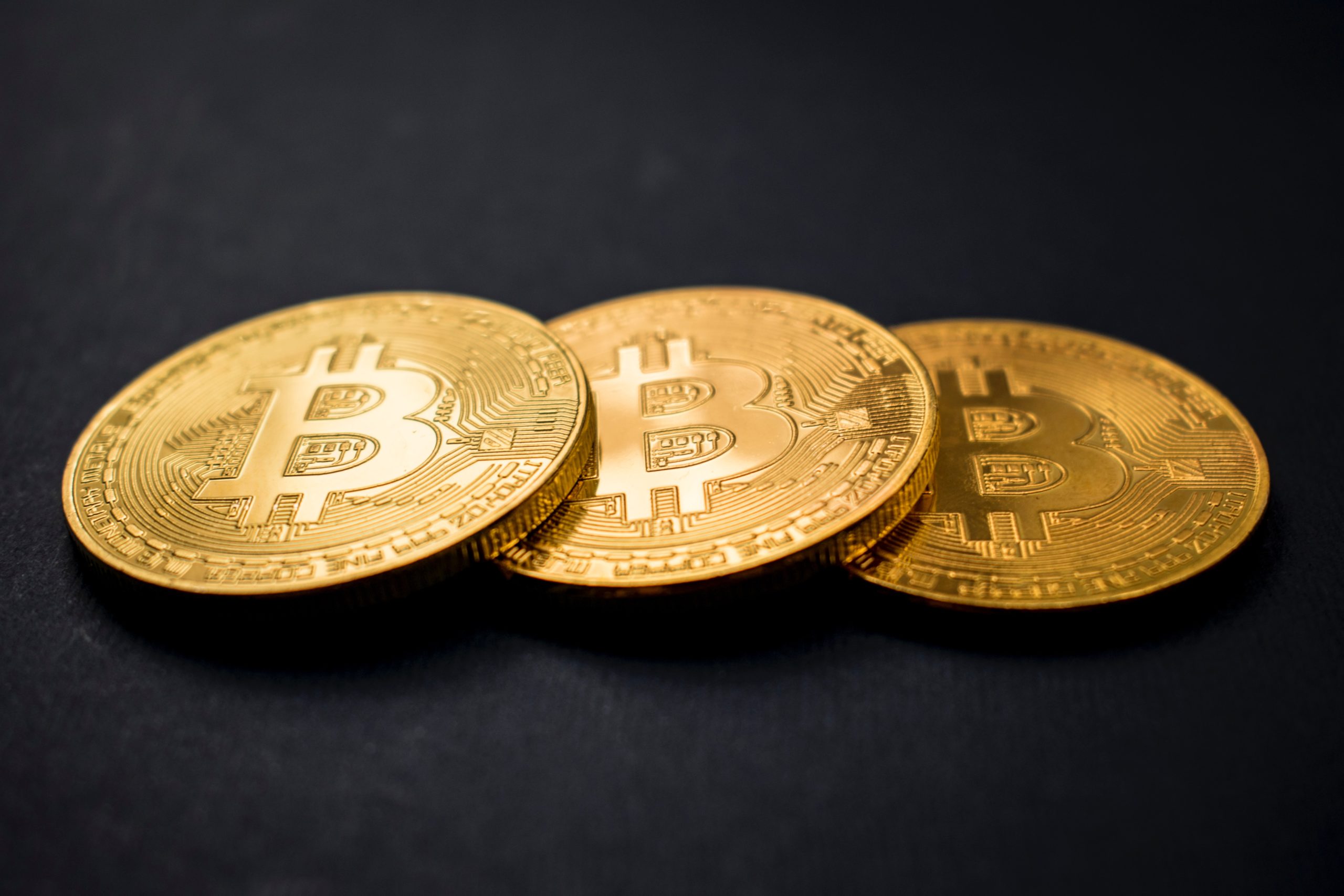Due to globalization, the agricultural sector’s supply chain of food products has become more extensive and longer than ever. However, the food supply chain faces several issues such as quality; supply chain inefficiency, traceability, and food safety persist. As a result, the burdens impact the economy and society at large, therefore threatening consumer health. Perhaps you can start buying and selling Bitcoin by visiting trading platform like quantum-ai-trading.com
On the flip side, blockchain technology can help solve most of these problems, including supply chain inefficiency, by creating an environment that allows trust between producers and consumers. Transparency can improve by providing specific product information on the blockchain. There are several ways the blockchain technology can change the agriculture sector, and they include:
Food Traceability
More than ever, consumers are showing interest in their foods’ origins and contents. Demand for organic products, sustainably produced meat, and locally farmed produce has grown substantially in the past few years. But, shoppers cannot trust the label on an item to tell them what they are getting. Consumer tastes have given rise to a vital food fraud industry. Producers can quickly sell mislabeled products because the retainer has no natural way of verifying the origin of a product.
However, there was an introduction to blockchain technology. Blockchain technology can record all the information at every step in the food supply chain. Also, the blockchain can provide reliable information regarding the origin of food items from the farm to the table. The technology could also help consumers verify the farms where suppliers picked their products.
Optimizing the Supply Chain
Aside from helping consumers make better and more informed purchases, the improved supply chain transparency also benefits the farmers. The agricultural sector’s supply chain is undoubtedly complex and opaque as shipments change hands multiple times before reaching their final destination. However, it’s difficult for farmers to know the markets and prices their products fetch. This lack of adequate data leaves them vulnerable and at the mercy of traders who can dictate order prices and quantities.
On the other hand, Blockchain technology can help rectify this imbalance by recording transactions in real-time and providing updated supply and demand information to participants. Access to such data could allow farmers to properly set their prices and optimize the quantities of products they put on the market. More so, by keeping an ongoing record of participants’ transaction histories, blockchain can make it easier for parties worldwide to due diligence each other and confidently conclude transactions without the need for intermediaries and agents.
Better Pricing and Payment Options
Furthermore, blockchain technology can provide faster and low-cost payment options to agri-commerce participants. Farmers take weeks to receive payments for their goods in the current systems, and traditional payment options such as wire transfers can be quite costly.
On the contrary, blockchain can address some of these inefficiencies. Many developers have designed blockchain-based apps that provide cheap, secure, and near-instantaneous peer-to-peer fund transfers. Some are even using smart contracts that trigger payments automatically as soon as fulfilling a specific condition.
Enhanced Finances for Developing Nations
Blockchain technology can potentially improve access to financing in developing countries. The agriculture sector employs more than one billion people worldwide, many of whom are smallholder farmers from developing countries. Blockchain has the potential of already solve the issues for farmers and finances.
Final Thoughts
Farmers worldwide have adopted this digital asset enormously, which has added many benefits to the agricultural sector. Blockchain has enormous potential to impact the way people do agri-business significantly.






